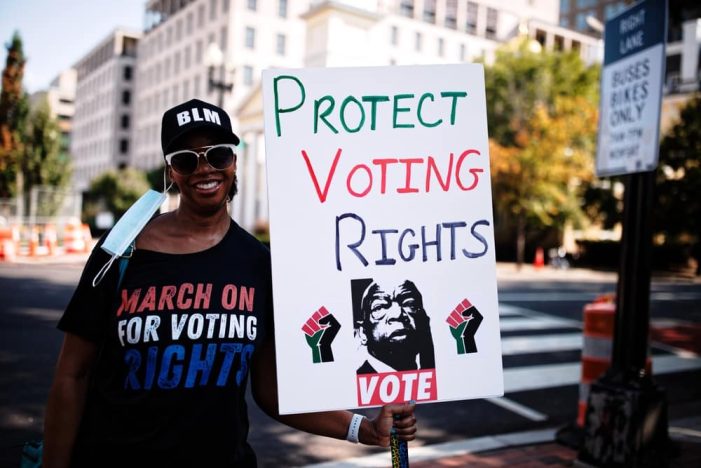Emphasizing the role of individuals in shaping our democracy, advocating for fair redistricting is not just crucial, but also a responsibility we all share. It’s a way to ensure equitable representation and protect our democratic processes. There are several ways citizens can actively participate in this critical issue.
One approach is to support organizations and collaboratives dedicated to fair redistricting. For example, the Fair Representation in Redistricting (FRR) collaborative brings together various organizations working toward fair district maps that accurately represent communities of color and other underrepresented groups. By supporting FRR, citizens can contribute to distributing political power more equitably.
Another impactful way citizens can contribute is by engaging with nonpartisan groups focused on redistricting reform. These organizations not only work to promote fair maps but also play a crucial role in educating the public about the issue’s importance. By joining these groups, citizens can actively contribute to the cause.
Another crucial aspect of advocacy is educating others about gerrymandering and its impact. This can be done by raising awareness among friends, family, and community members, emphasizing the significance of fair redistricting. Sharing information through social media, community events, and local discussions can amplify the message.
Volunteering and participating in the electoral process is another way to make a difference. Citizens can volunteer as election officials or poll watchers during elections, ensuring transparency and fairness in the voting process. Additionally, lawyers can contribute by participating in litigation related to redistricting and offering specialized skills to assist in legal challenges.
Attending public hearings and meetings related to redistricting is essential for voicing concerns and advocating for transparent processes. Citizen engagement in these forums can help hold policy makers accountable and ensure that community voices are heard.
Advocating for clear guidelines in the redistricting process is also crucial. Encouraging the establishment of clear guidelines for map drawing ensures that politicians do not have unchecked power to manipulate district lines for partisan advantage. Clear rules help facilitate a fair redistricting process that prioritizes voters’ interests.
Finally, citizen engagement is vital for safeguarding our democracy and ensuring that every vote counts. By getting involved in advocacy efforts for fair redistricting, citizens can help promote equitable representation and strengthen democratic principles.

